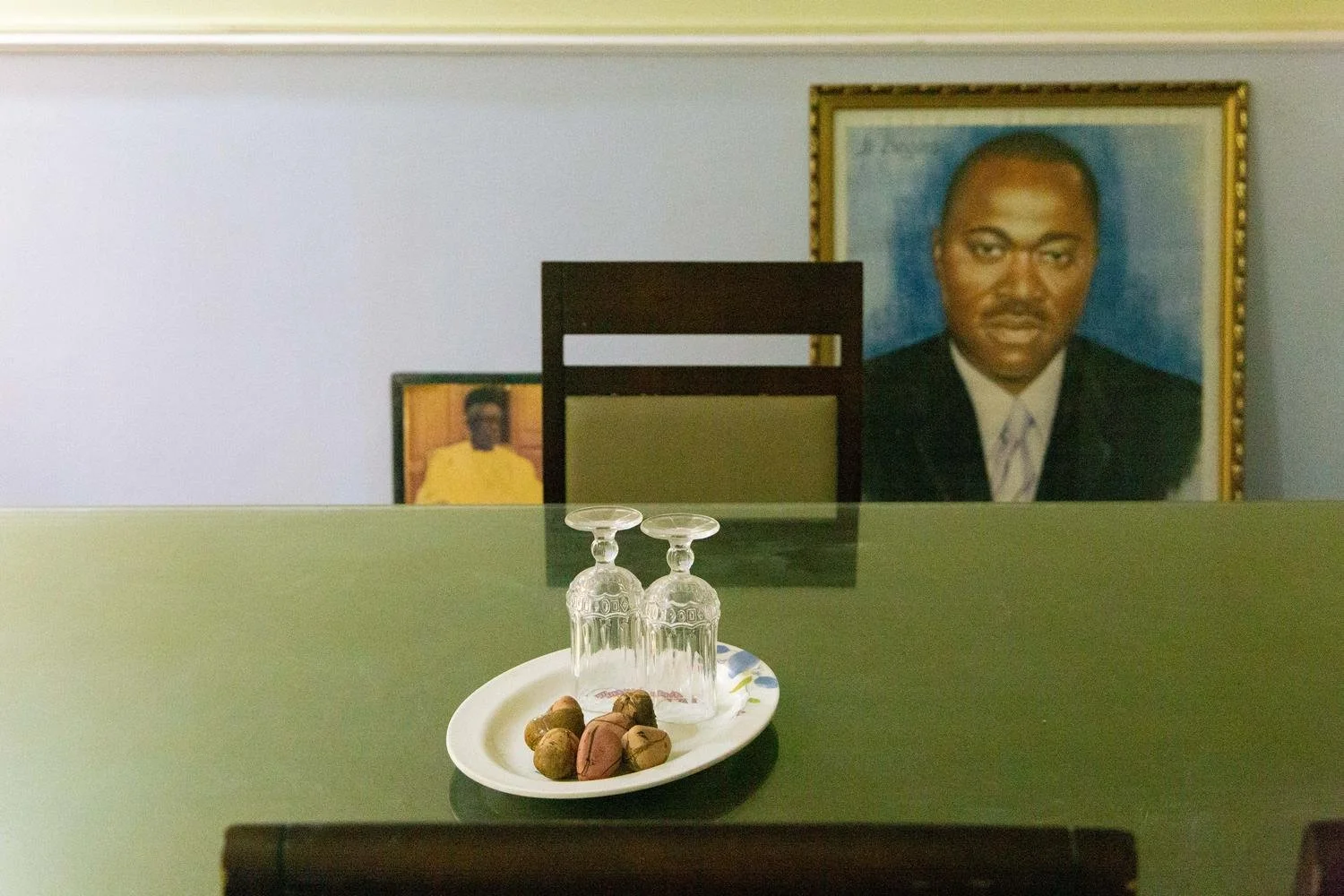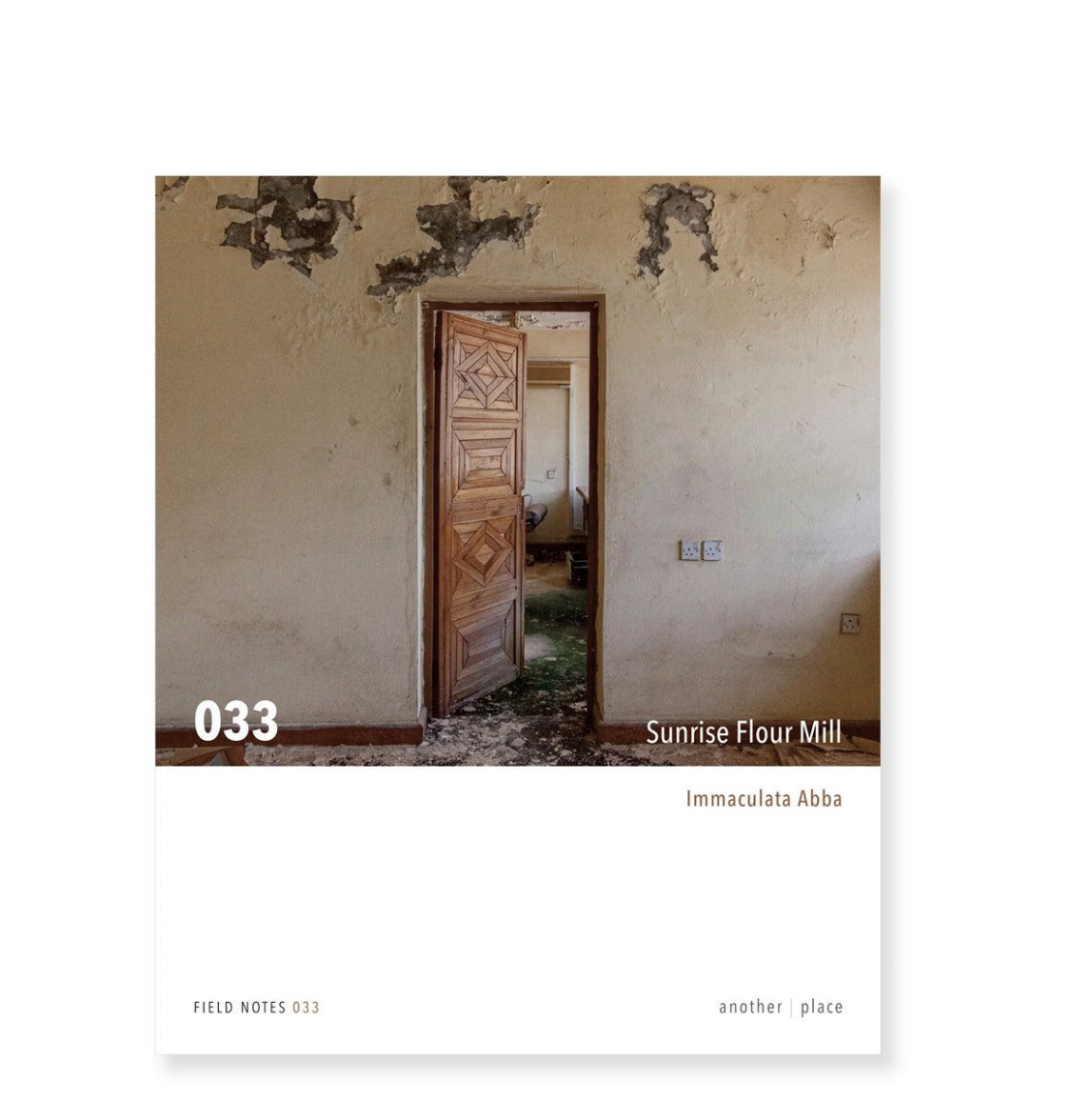Rose Nneoma Abba
Welcome to my home, Studio Styles. This is where I think and build—continuing the work handed to me in this lifetime, and making sure to leave good tools for those coming after me.
You’ll find me in different forms across different spaces: writer, filmmaker, strategist, entrepreneur, publisher, artist, academic, designer, operator, curator. The label doesn’t matter here. Wherever else I am, I’m oriented towards this space where I can sit on the floor as simply a conduit for conjuring and building infrastructure for touching the mind with love, where it has so often been gashed by fear.
More often than not, this work is a task of courage, knowledge, and beauty.
That’s my stock-in-trade.
Recent Projects
(outside Studio Styles)
In progress, seeking funding
321: The Republic of Grief (book and documentary project)
In December 2005, I lost my brother in the Sosoliso plane crash — one of three air disasters that killed 321 people in Nigeria between 2005 and 2006. I was eight years old. That moment became my initiation into what I call the Republic of Grief: a nation haunted by loss and numbed by state failure.
Over the past five years, I’ve been reflecting on my experience of that event and its aftermath. The first outcome of this reflection was my essay The Fire in My Memory, which won the inaugural Abebi Award in Afro-Nonfiction (2023) and was long-listed for the 2023 Wasafiri Life Writing Prize. Writing it opened an irresistible line of inquiry into how Nigerians create meaning of—and seek healing amid—the wounds the country inflicts on its people every day.
This is a project I hope to work on during the twentieth anniversary of those crashes (2025–2026). It explores the afterlife of those events as both personal and collective trauma—how Nigerians create meaning, memory, and accountability in the wake of negligence.
At its heart, 321 is an inquiry into the redemptive power of love, responsibility, and collective remembrance—and how, even after catastrophe, we keep trying to build a nation worth mourning for.
2025
Our Bodies, Nigeria’s Ghosts (film, 19’)
Our Bodies, Nigeria’s Ghosts confronts the afterlives of colonialism in present-day Nigeria, asking how power, punishment, community, and survival are inscribed in the body. Blending documentary, memoir, performance, and reimagined archival footage, it stages a dialogue between present and past, here and elsewhere.
At its core, the film is a study in rhythm: the inherited rhythms that shape our movements, the imposed rhythms of domination, and the chosen rhythms of resistance. Refusing to be confined to the languages of violence or erasure, the filmmaker turns to dance—to the body’s music—as an antidote. Dance becomes a declaration of presence, a refusal of silence, and an expression of ever-evolving indigenous movement that releases history’s ghosts from the mausoleums of “fixed ways”, carving space for fidelity to the now.
It was produced during the Goethe-Institut Nigeria's post-Memory, post-Archive fellowship (2024-2025).
Director bio:
Rose Nneoma Abba is an artist based in Enugu, Nigeria. Under the name ‘Immaculata’, her debut short film You Matter to Me premiered at the Royal African Society’s Film Africa festival 2022 and won the Rising Star Award at the 2023 Surreal 16 Film Festival. She holds a Master’s degree in History from the University of Oxford. Our Bodies, Nigeria's Ghosts is her second film.
2022
You Matter to Me (film, 11’)
Now in their middle age, my parents’ experience of joy is complicated by the tensions and grief that has marked their Nigerian lives. Through casual banter and observation, I explore what my parents think of joy and how they find it, particularly in community and everyday rituals around food, music, religion, work and play. I composed the film’s soundtrack in the spirit of ‘00s Nollywood dramas that remind me of home and my parents when I’m away from them. It is a plain story from my heart about how we still carry on and what matters in the end.
The film was made with a grant from the ‘Creating Joy: Art, Refusal and the Worlding of Black Lives’ project- a radical digital space that explores Black diasporic life through artmaking.
Festival Screenings
ArtXLagos (Nigeria) - Nov 2025
Plateau International Film Festival (Nigeria) - Dec 2024
S16 Film Festival (Nigeria) - Dec 2023
‘HOME: A Piece of Us’ film exhibition, Exmouth Film Festival (UK) - Nov 2023
‘Love and War’, 27th Internationale Kurzfilmtage Winterthur (Switzerland) - Nov 2023
Enugu International Film Festival, Viva Cinemas (Nigeria) - Nov 2022
'Beyond Nollywood: Wahala Dey' at Film Africa festival, BFI London (UK)- Oct 2022
Program Screenings
Screen in Transit (Abuja & Lagos, Nigeria) - Nov 2024
Fenmore Studios x Institut Français (Abuja, Nigeria) - Feb 2024
OTO film screening (Lagos, Nigeria) - Feb 2024
Film Diary NYC III (New York City, USA) - Dec 2023
The Library of Africa & the Africa Diaspora (Accra, Ghana) - Jun 2023
Pynk Prysm x Covent Garden’s The Garden Cinema (London, UK) - May 2023
Jameel Arts Centre (Dubai, UAE) - May 2023
Classics in the Park (Accra, Ghana) - Feb 2023
Family Film Club (Lagos, Nigeria) - Dec 2022
Los Angeles County Museum of Art (Los Angeles, USA) - Dec 2022
“[...] the commercial and cultural dominance of 1990s Nigerian cinema has left a lingering aesthetic mark. In «You Matter to Me», the old Nollywood aesthetic shows up in the film’s texture and its setting in a village in Eastern Nigeria. The short also discusses family, one of the main concerns of traditional Nollywood.”
2021
Sunrise Flour Mill (photography zine, Another Place Press)
In 1983, the Enugu state government established the Sunrise Flour Mill with production lines for flour, semolina, and wheat.
Only two years later, in 1985, the mill went out of production as the industry could not survive the strain of an economic depression. The closing of the mill is one of the many instances of Nigeria’s deindustrialisation, a consequence of the forced abandonment of industrial policies induced by the IMF’s Structural Adjustment Programs (SAPs), which devastated many ‘developing’ economies around the world in the late twentieth century.
The mill has remained moribund for the past twenty-five years, in spite of efforts to reignite production in 1992 and 2013. Most recently, in 2013, in line with the federal establishment of a free trade zone in the state, the Enugu state government signed an agreement with a Vietnamese company, DVI Trading Services and Investment, to take over the Flour Mill for a period of 30 years. Yet, the mill remains defunct and the estate buildings out of use (except the living quarters). A few years ago, the administrative building in the estate suffered water damage, to add to the slow degradation it has suffered in its past 25 years of inactivity.
I shot these photographs of the building and its interiors to speak to the decay of Nigerian resources and capacity in the hands of consecutive administrations that continue to fail its potential. A flour mill that goes defunct after only two years of production, only to live for decades as an echo of its potential, is a metaphor for this period in Nigeria’s trajectory.





